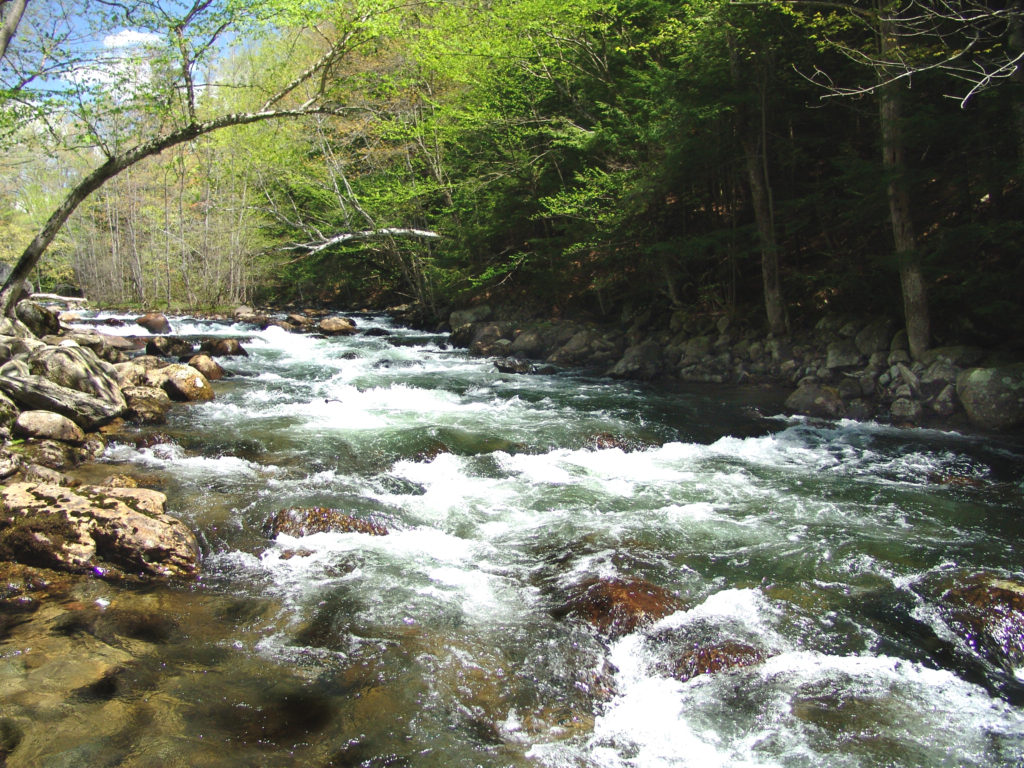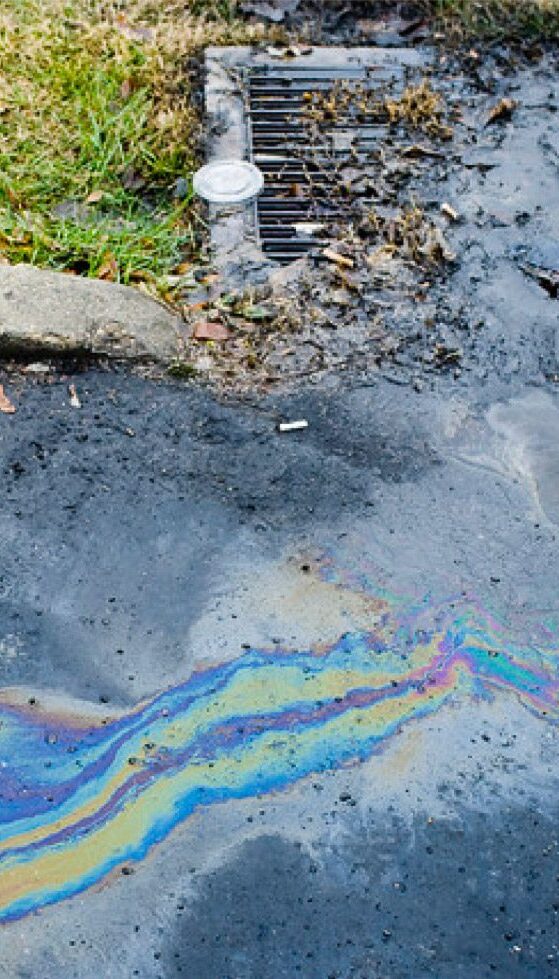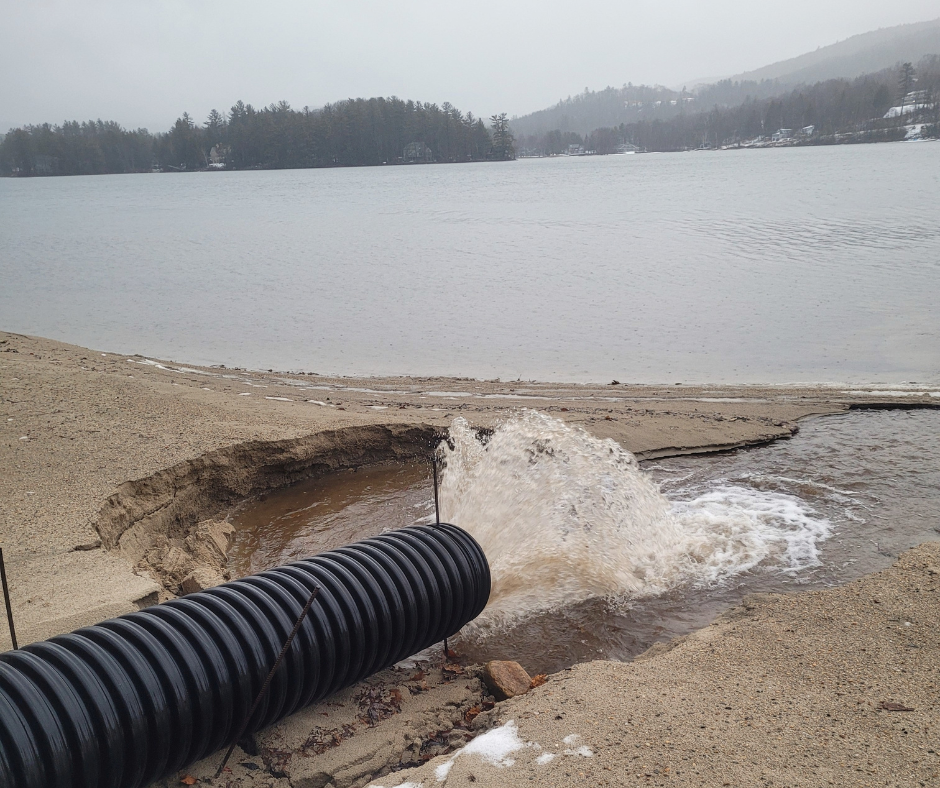SMALL-SCALE STORMWATER SOLUTIONS
Stormwater runoff starts at home and we all have a roll to play in addressing Newfound largest threat. NLRA supports watershed homeowners, homeowner associations, businesses, and road associations working to limit their stormwater contribution.
Stopping Stormwater at the Source
The average house in the Newfound Watershed produces over 38,000 gallons of concentrated stormwater a year.
When not managed properly this water erodes soils, impacts infrastructure, and transports pollutants to waterways, damaging ecosystems downstream.
Limiting the amount of stormwater that leaves your property is the most effective approach to managing its environmental impact.
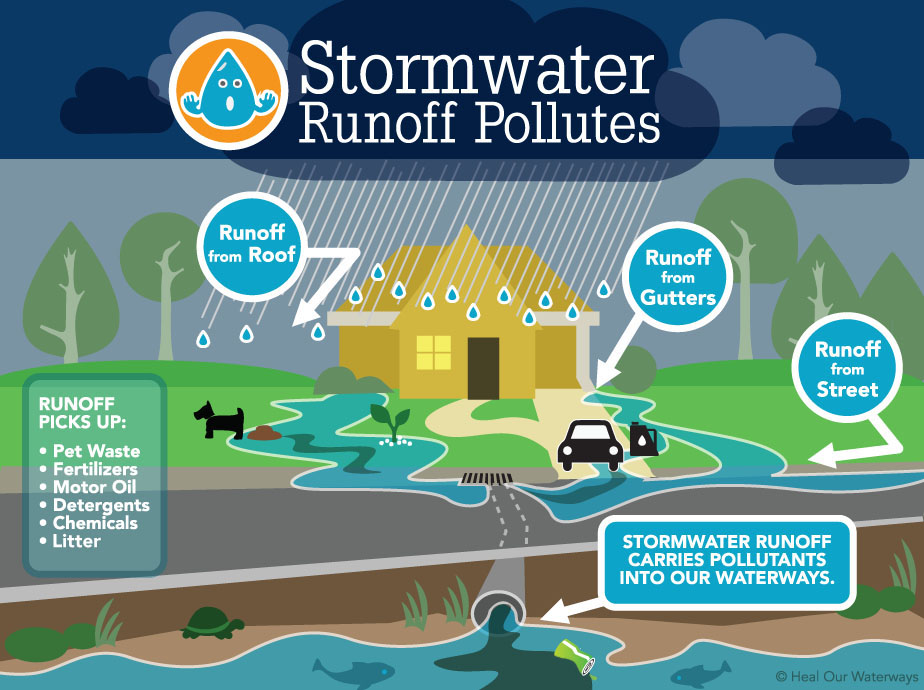
NLRA’s Small-Scale Stormwater program helps homeowners keep pollution out of stormwater and keep stormwater from reaching Newfound Lake.
Stormwater Response
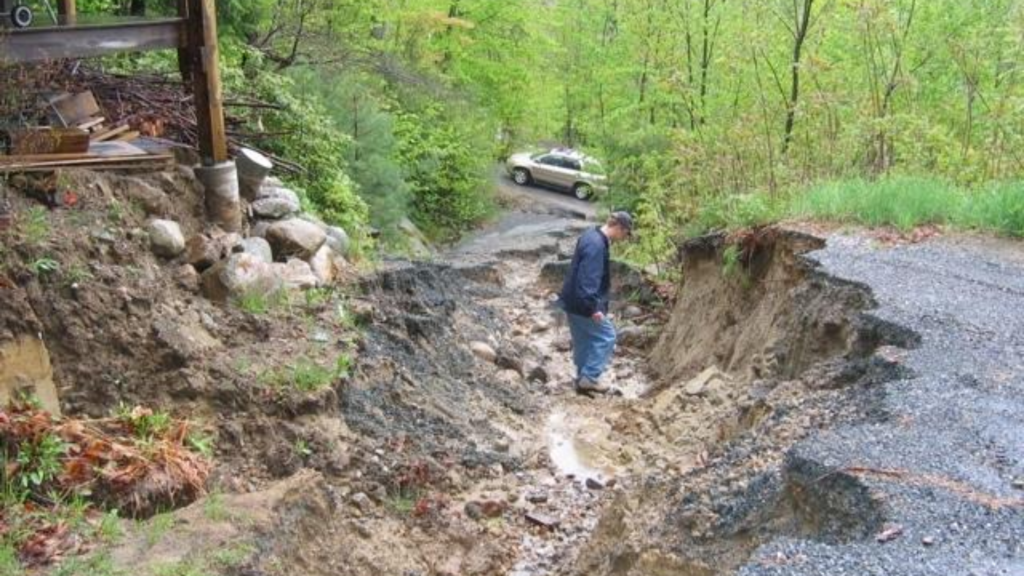
NLRA staff are available to perform rapid assessments of stormwater damage following storm events. Rapid assessments look to determine the source of stormwater issues and quickly develop a course of action to stabilize the situation and prevent further pollution.
Stormwater Assessment
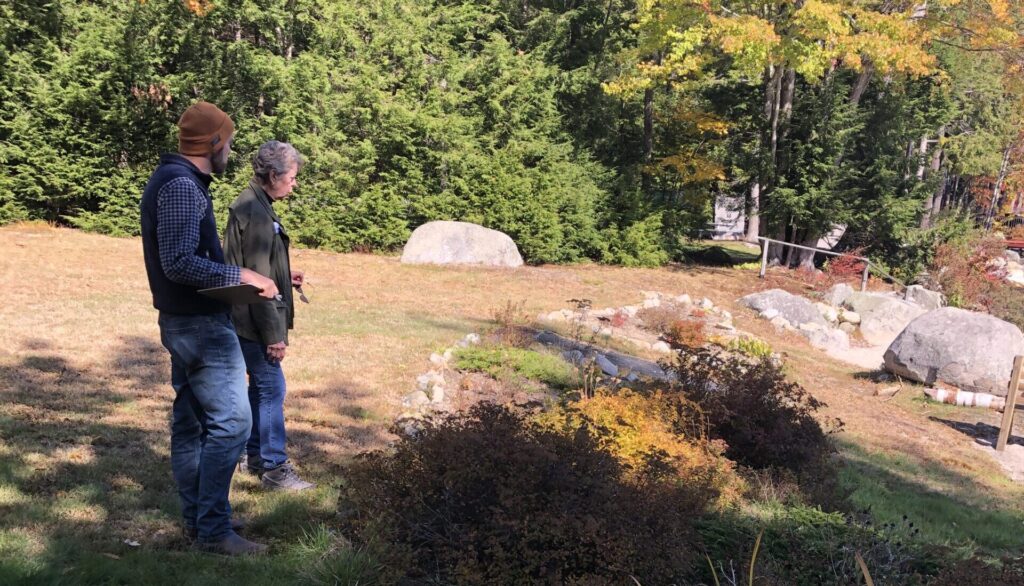
A stormwater assessment is an appointment-based service that looks at the whole of a property to identify sources of stormwater concentration and connect homeowners to DIY resources.
Stormwater Site Design
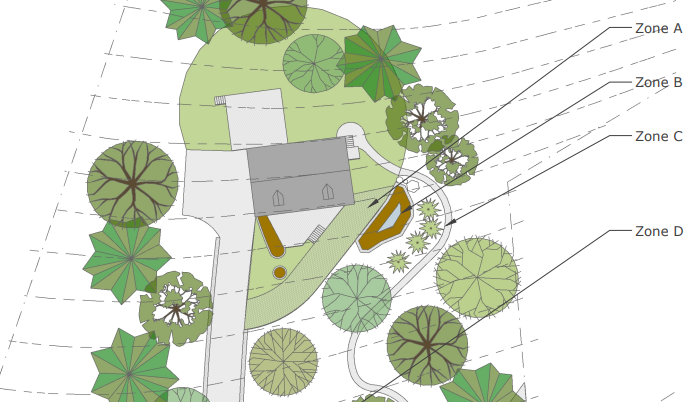
Ready to take the next step in managing stormwater? Work with NLRA staff to develop a custom landscape design addressing stormwater on your property. Site designs outline tailored stormwater solutions that can guide DIYers and landscape professionals to a lake-friendly landscape.
This service is free for current NLRA members that have completed a stormwater site assessment.
LakeSmart Certification
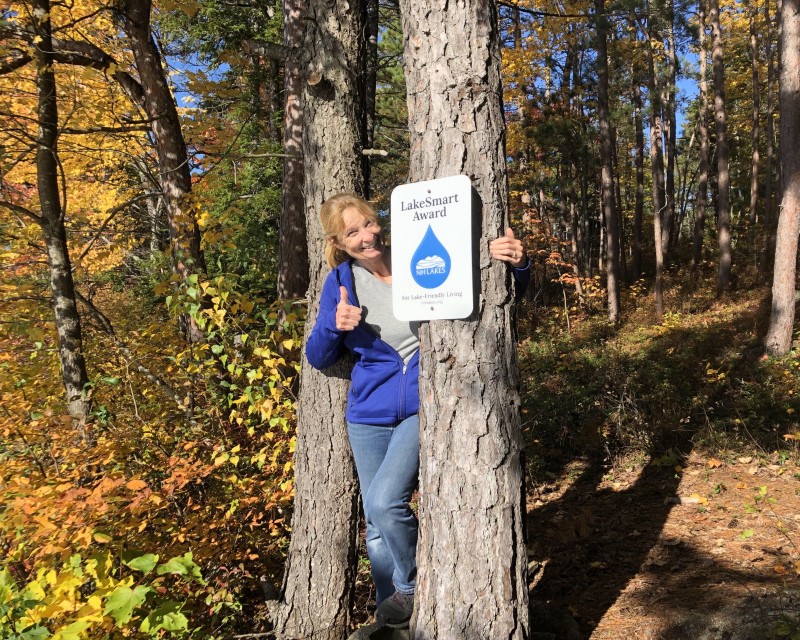
NLRA partners with NH LAKES to bring the LakeSmart program to the Newfound Watershed. LakeSmart is an evaluation and recognition program that is free, voluntary, and non-regulatory. It includes an evaluation process to determine how lake-friendly your property and activities are. The evaluation covers driveway and parking areas, structures and wastewater treatment systems, and yard and play areas.
Project Assistance
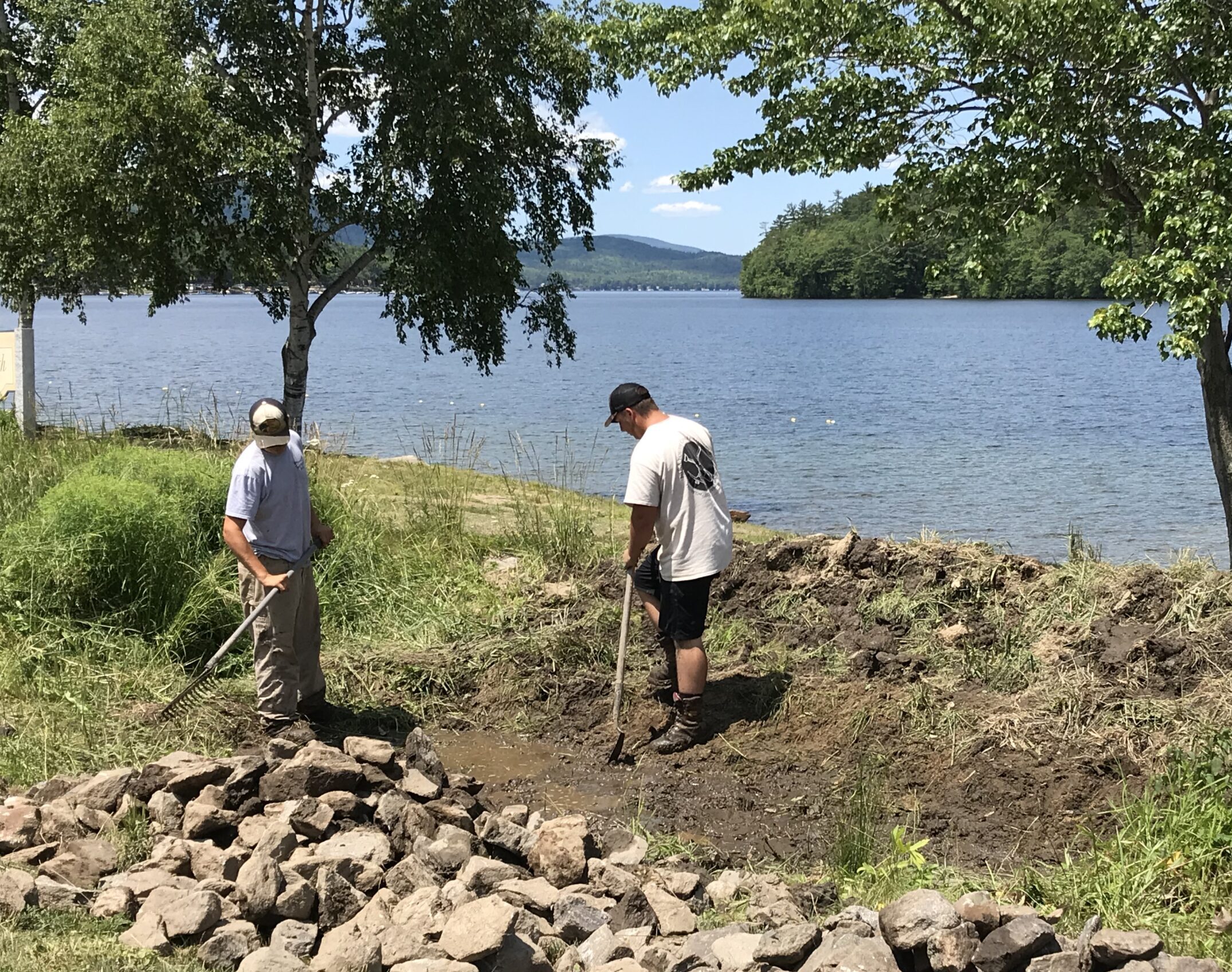
Homeowners that have completed a stormwater site assessment are encouraged to apply for project assistance through NLRA’s small-scale stormwater program. Stormwater projects utilize Newfound’s AmeriCorps Watershed Stewards to help install stormwater control measures. Applications are assessed on environmental impact, project scope, and applicant need.

